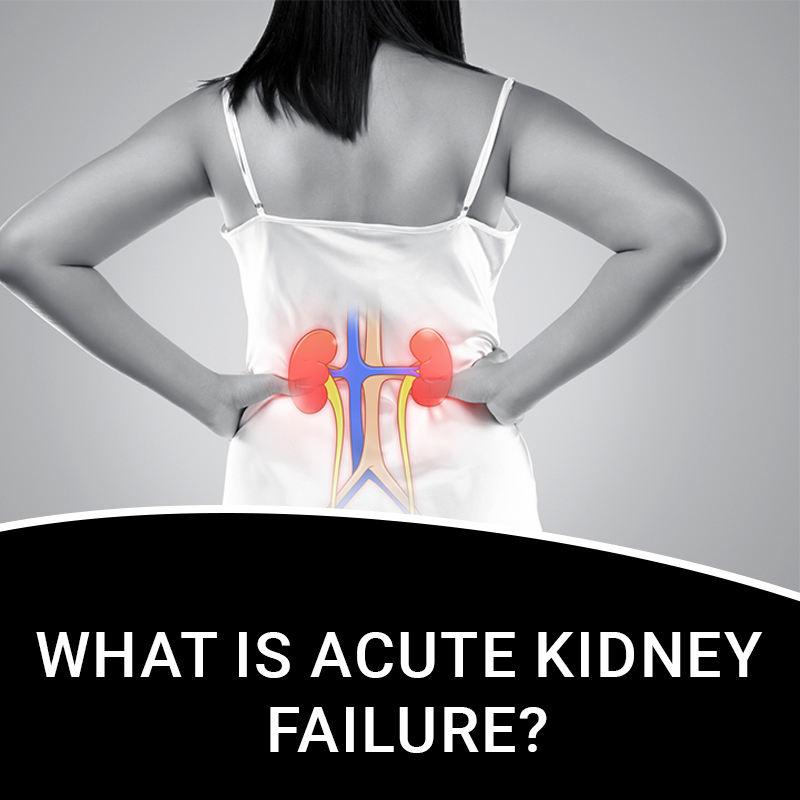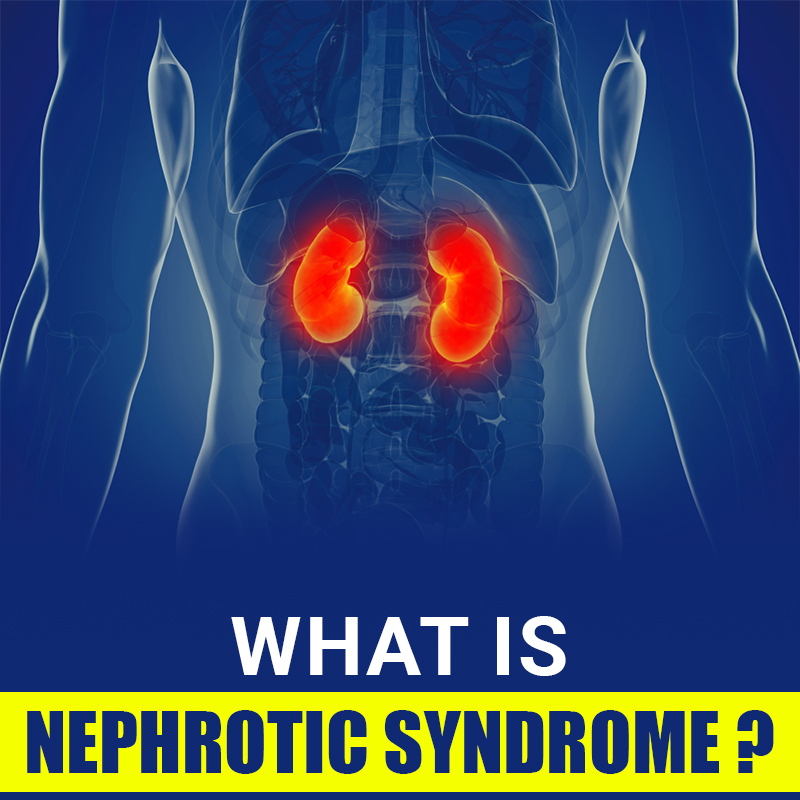Things One Should Know About Ayurvedic Treatment For Proteinuria !

Proteinuria is characterized by the high level of protein in the urine. Generally, protein is found in your urine in a low amount, which is a normal condition. Protein is an essential body substance that is necessary for the body in several ways. One of the important proteins is albumin that is present in your blood. It keeps necessary nutrients in the blood and ensures that they can’t leak out into the tissue. >Having a small amount of protein in urine is obvious, which is considered as the normal protein urine level. But when your protein level in urine exceeds the normal range, the condition is called proteinuria. In most cases, it is seen that the problem is temporary and gets cured once its causative factor gets cured or avoided. If you are suffering from a persistent form of proteinuria and losing protein continuously, choose Ayurvedic treatment for proteinuria for the best cure. Many people suffering from proteinuria go for conventional healing ways that do not offer t...








